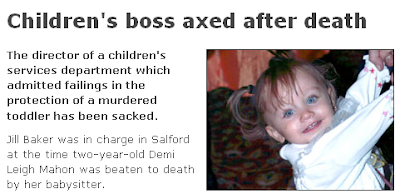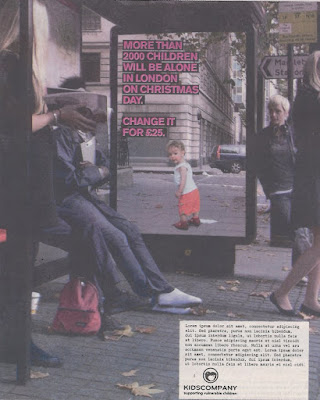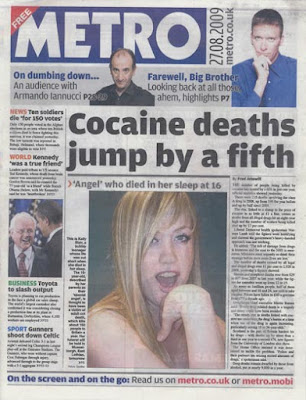Replacing swear words in a news story with a string of asterisks may protect the sensibilities of easily offended readers but it doesn't always aid understanding. For example, Metro's front page lead today begins:
British National Party leader Nick Griffin found himself in the centre of a racism court case today - in which he claimed to be the victim.
The far-right leader and North West MEP alleged he was racially abused by a driver who made threatening 'gun gestures' towards him and called him a white 'b*****d'.
But, while defendant Taquir Khalid admitted being at the scene of the incident, he insisted he shouted only 'Nick Griffin, you f****** w*****' and flicked a V-sign.
It's that final asterisked word that caused me problems. When I first read the paragraph I took it to mean that Khalid had called Griffin a '
whitie' - after all, it's an offensive term that begins with 'w', has six letters, and ties into the story's theme of racial abuse.
Of course, calling someone a '
whitie' would be as as racist as (or possibly even more racist than) calling someone a 'white b*****d', so admitting to it wouldn't be much of a defence against a charge of racial abuse.
Within a few seconds my brain had done the processing and come up with 'wanker' instead.
Incidentally, if Metro can give the first and last letter for 'b*****d', why can't it do the same for other swear words?
Grammar Girl: Swear Words in Text




















































